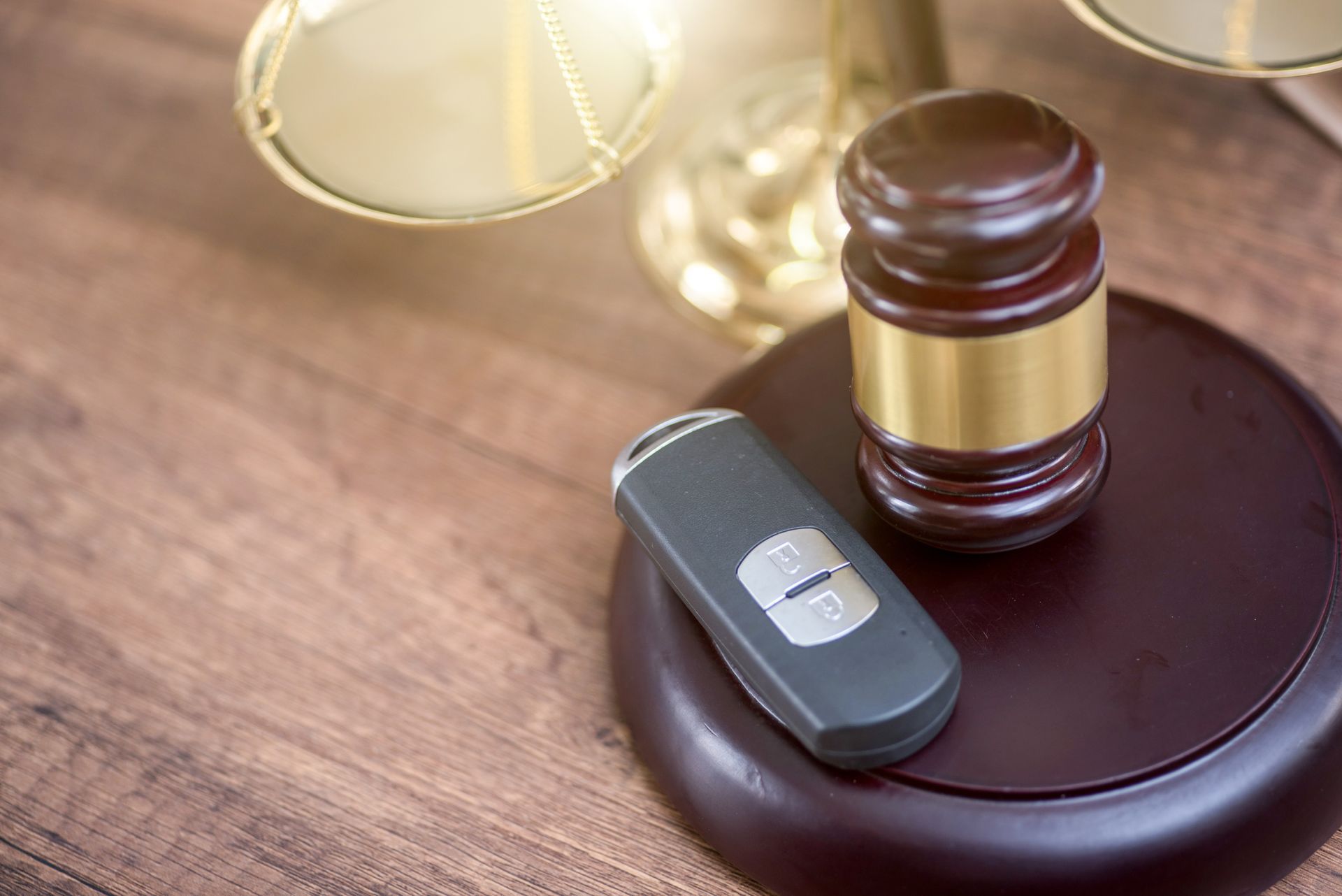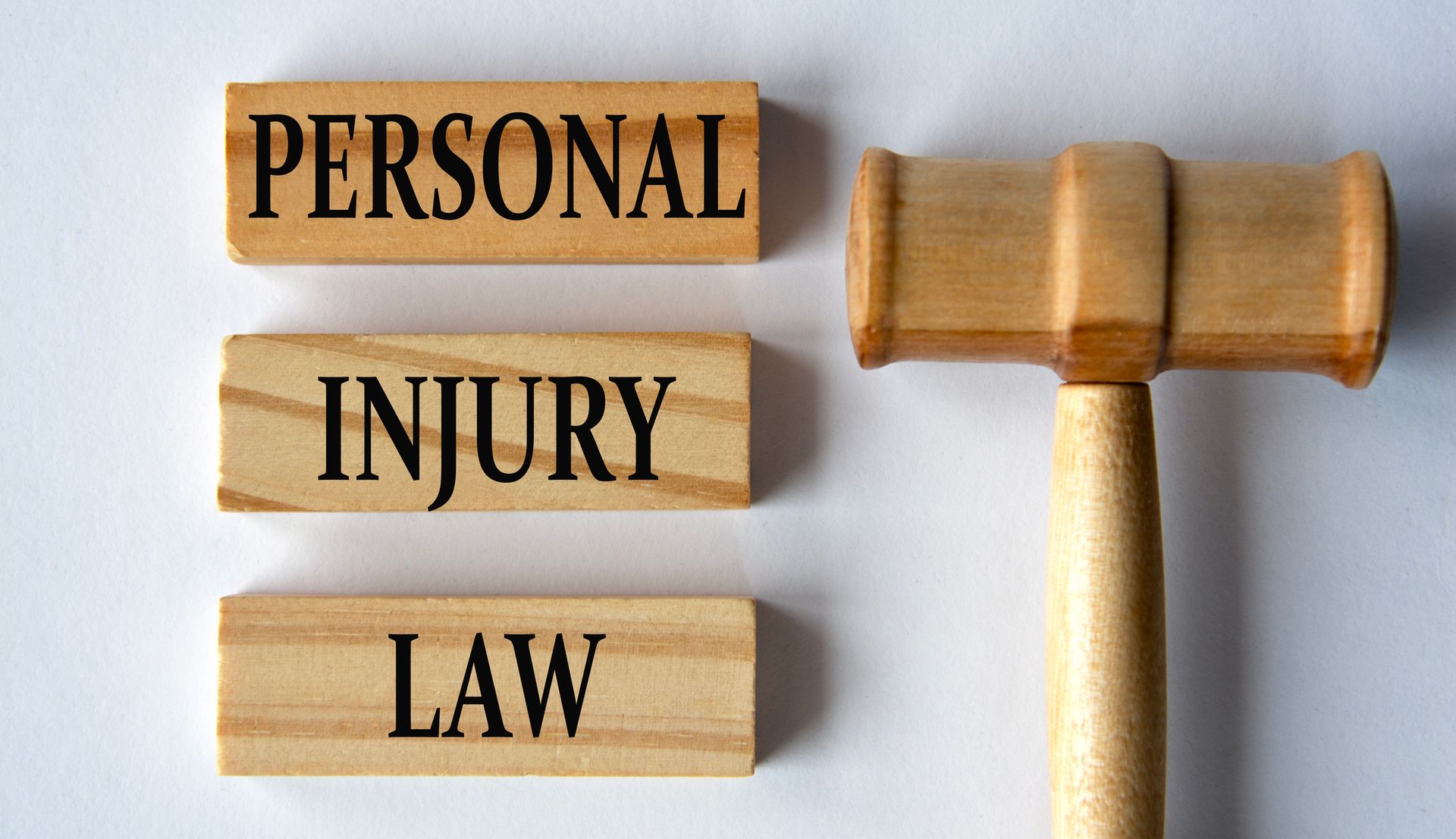BANKRUPTCY AND ACCOUNTABILITY
A SWORD OR A SHIELD?
BANKRUPTCY: A SWORD OR A SHIELD?
At the Supreme Court on Monday, Dec. 4, 2023, the justices appeared conflicted over whether to allow a multi-billion-dollar bankruptcy plan for Purdue Pharma to move forward. The federal government is seeking to block the plan because it releases members of the Sackler family from civil liability for opioid-related claims, but the company’s creditors – which include state and local governments and victims of the opioid crisis – broadly support the plan as the only way to ensure that they will receive compensation and funding for opioid recovery projects.
Purdue Pharma – but not the Sacklers – filed for bankruptcy in 2019, and a bankruptcy court in New York put lawsuits against both the company and the Sackler family on hold shortly after that. In Sept. 2021, the bankruptcy court confirmed a plan to remake Purdue Pharma as a nonprofit devoted to addressing the public-health problems created by the opioid epidemic. Members of the Sackler family, who had taken pre-tax distributions of $11 billion from Purdue Pharma in the years leading up to the bankruptcy, agreed to contribute up to $6 billion to the plan. In exchange, provisions in the plan shielded them from future civil liability for opioid-related claims.
DOES INDEMNITY GO TOO FAR?
One of the provisions of the Bankruptcy Code on which the U.S. Court of Appeals for the 2nd Circuit relied in upholding the bankruptcy plan was 11 U.S.C. § 1123(b)(6), a “catchall” provision indicating that a bankruptcy plan may “include any other appropriate provision not inconsistent with the applicable provisions of” the Bankruptcy Code. But what does the phrase “any other appropriate provision” mean?
Representing the federal government, Deputy Solicitor General Curtis Gannon told the justices that the releases for the Sacklers go beyond what Section 1123(b)(6) allows. But Gregory Garre, who argued on behalf of Purdue Pharma, countered that the court should reject the government’s argument that nonconsensual releases are always invalid. Congress’s use of the words “any” and “appropriate” in Section 1123(b)(6) belie the idea, he contended, that bankruptcy plans can never include third-party releases – and indeed, he noted, they have been used for nearly 30 years. Justice Kavanaugh noted that there is 30 years’ worth of practice in the bankruptcy courts approving releases like the one shielding the Sacklers from liability when the parties are officers or directors in the company and the company indemnifies them against liability, so that a claim against the company official is effectively a claim against the company.
THE BOTTOM LINE
Attorneys for Purdue Pharma argued that the bankruptcy plan that was approved by the Circuit Court is the only way to ensure that all creditors—including victims—receive the compensation and recovery dollars they need. With $40 trillion in lawsuits against Purdue and the Sacklers, the first successful lawsuit will eliminate any other victim’s ability to recover in future lawsuits. The victims, he concluded, can only get “life saving abatement and recovery dollars” through the current plan, which has the support of 50 state attorneys general.
As part of a settlement negotiated with claimants, the Sacklers agreed to contribute more than $4 billion across a decade — an amount that ultimately rose to $6 billion — to fund efforts to fight the opioid crisis. The settlement also includes $750 million to compensate victims, and requires millions of documents to be made public. Purdue would restructure itself as a public benefit company, with its profits used to make products that combat opioid addiction. In exchange, the plan included the release that shields the Sacklers from civil lawsuits stemming from the opioid crisis. The family would also potentially be able to keep billions of dollars in revenue from Purdue that was distributed between 2008 and 2017, according to court filings. Gregory Garre, a lawyer who argued on behalf of Purdue, told the justices that 40% of that money went to taxes. The bankruptcy plan was approved by 95% of victims.
To some, Purdue and the Sacklers intend to have their cake and eat it too: they made billions on a drug which created a public health crisis that will now be helped with products on which they will make billions more producing. Some argue that civil liability is the only way to hold the Sacklers accountable. Others argue that compensation and the treatment and recovery it will enable is what is most important.
WHY IT MATTERS
While a bankruptcy case in the Supreme Court of the United States does not seem particularly relevant to the average person living in Georgia, the issues to be resolved in this case go to the heart of life in 21st century America: the ongoing devastation caused by the Opioid Crisis; the multi-generational impact of addiction on both economic and family well-being; the need of state and local governments to finance public health and recovery programs; and the desire of creditors and victims to hold the perpetrators of such widespread misery accountable.
CONTACT YOUR ATTORNEY
If you know someone who has been injured, contact Dave Thomas at The Thomas Law Firm for a free evaluation of your legal rights.








